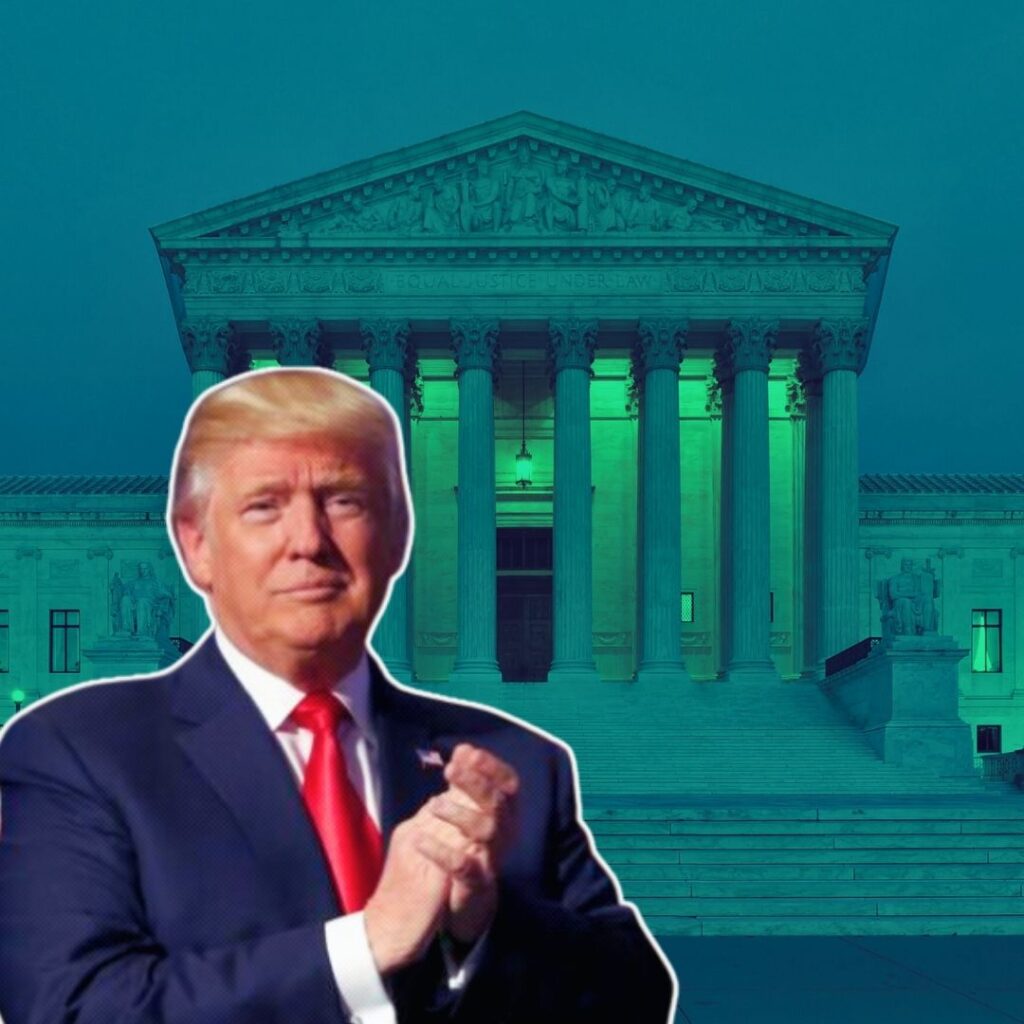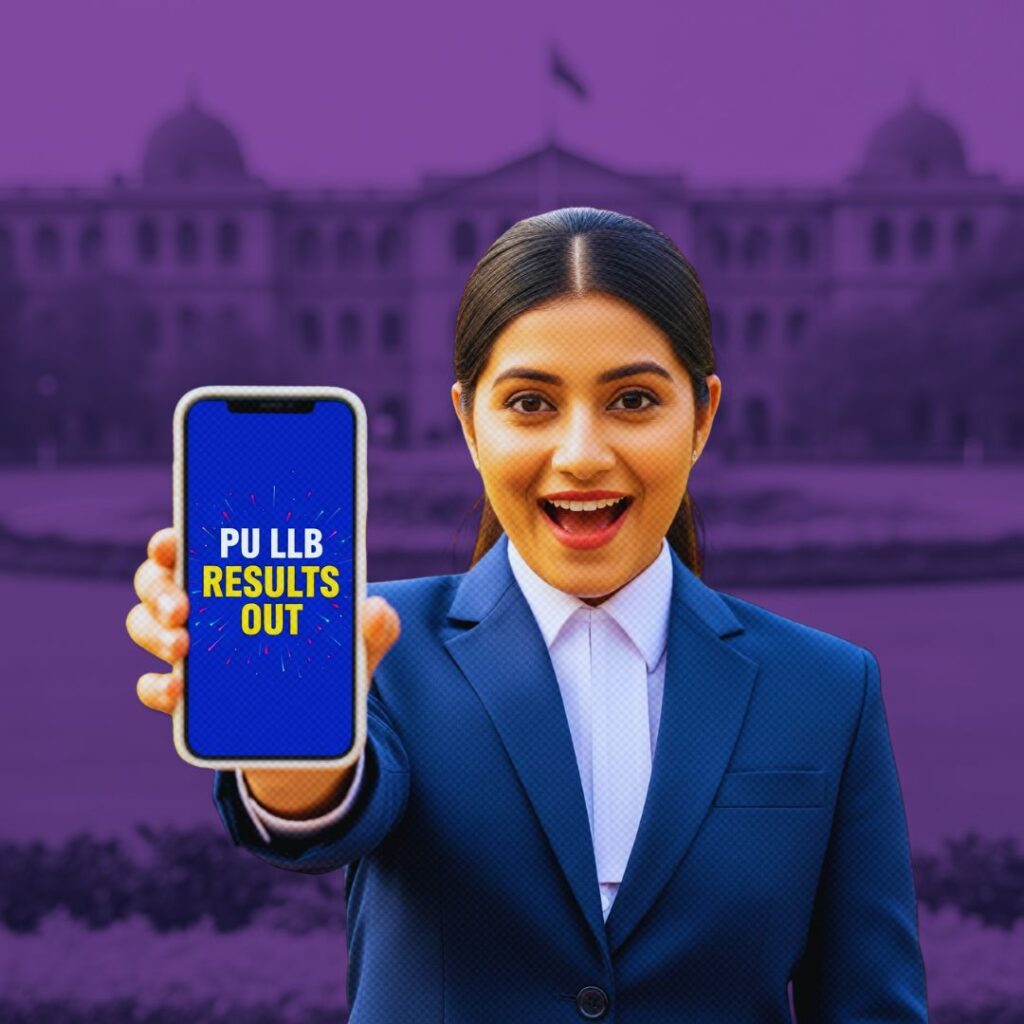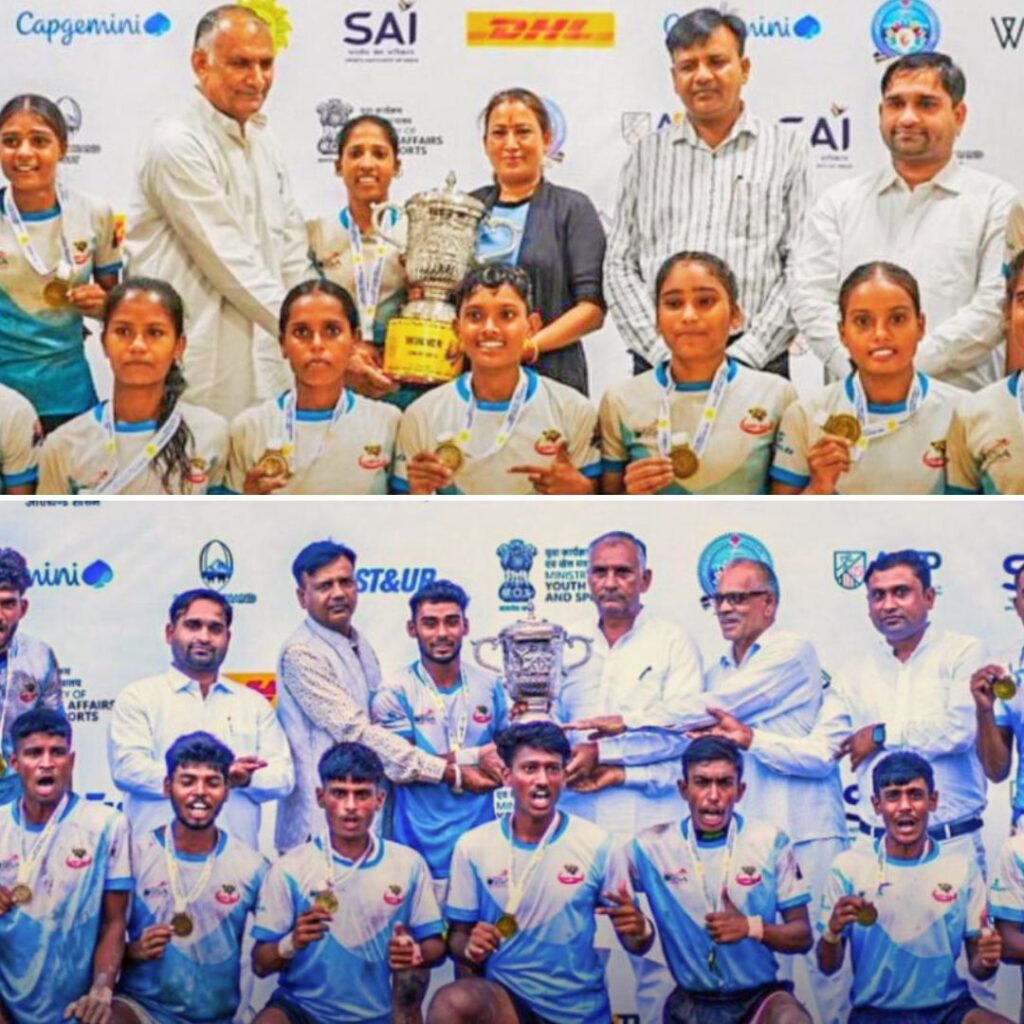Solar Energy is one of the most abundant sources of non-polluting, renewable energy. Despite a drastic drop in the costs of solar energy systems in the recent years, many people in India are still not aware of the benefits of the system. Prompted by this lack of awareness, especially in rural areas in the country, one man rode a solar-powered electric bicycle for 7424 km across 9 states in 79 days to raise awareness about solar energy in India.
Sushil Reddy, an IIT-Bombay alumnus from the Energy Science Department, worked with solar energy startup and gained a deep understanding of the solar energy scenario in India. With the aim to educate people about the benefits of using solar power, he set off on his journey and called it The SunPedal Ride. He had the support of his team members Kunal Tailor, Rajendra Bhaskar, Himanshu Singh. All through their journey, they interacted with people about solar energy and conducted seminars in school, colleges, and universities, clearing doubts and misconceptions about the working and benefits of solar energy.
The Logical Indian interviewed ‘Solar’ Sushil to know more about his journey. Here are some excerpts.
What was your motivation?
The Government of India launched the Jawaharlal Nehru National Solar Mission, under which the target is to generate 100,000 MW of solar power in India. The MNRE (Ministry of New and Renewable Energy) has envisioned this target to be achieved by the year 2022. Currently, the installed solar capacity in India is approximately 10,000 MW. To achieve this ambitious target, there is a large requirement for a skilled workforce in the solar energy sector. There is a need for making people aware of the opportunities available in the future solar power industry. That is where the motivation came from.
And to start talking about it, I felt that the young minds are the most inquisitive ones. Hence, I went to schools, colleges, universities and other organisations to give them a basic idea of the situation in India. These are the people who will be the most affected by energy crises in the future, and hence it is important for them to understand the importance of solar energy and embrace it in their daily lives. The summer months are the best time to spread this message of solar energy, and hence I planned to do this awareness ride in May and June.
When you see something practically working on solar energy, your level of trust increases and you tend to appreciate the idea and the cause more. I thus decided to ride a solar powered electric bicycle to show people the application and its benefits. Nothing else could be more suited to spread the message.
Tell us about your journey
I started my journey on the 8 May 2016 from IIT Bombay. The idea was to make people curious and have them ask questions about the bicycle and solar technology in general throughout the journey, which was a success. People stopped and asked me about the solar panels, the working, benefits and the cost of the bicycle.
Apart from the bicycle, many people had questions about how the system works. They had doubts as to how energy flows from the solar panels to the load, and what components there are in a solar power system. While explaining about the bicycle, I also told people about the other applications of solar power, like utilising it to power one’s home.
I passed through many cities, towns and villages, and cleared many myths, especially about how the system works and the costing. I explained about the many financial solutions that are currently available, in light of which people need not pay anything upfront and can continue to pay the monthly electricity bill even after installing solar power. Also, I enlightened people about net metering, where people can sell power by feeding excess solar power back into the grid.
In coastal Gujarat, many people in small villages had never even seen solar panels before. Explaining the concept to them was an interesting experience, especially when they thought it was magic to get electricity out of the sun.
I also talked about the Build-Operate-Transfer model, which encourages the common man to go for solar power since it involves a drop in the monthly electricity bill when one opts for a three-party agreement. Krunal Tailor explained the procedure to design a solar system for a household using a case study with approximate costing.
The ride itself was aimed at uniting and educating people about a cause that will dominate the future energy ecosystem. At these seminars, we demonstrated the working of the solar electric bicycle as an application of solar energy. The students were most fascinated. We also highlighted the fact that electric vehicles are the future of transportation since they are environment-friendly and economically viable in the long run. They have the added advantage of health benefits as well.
I also met the Secretary of the MNRE, Upendra Tripathy, and some scientists in Delhi during the ride. I…











